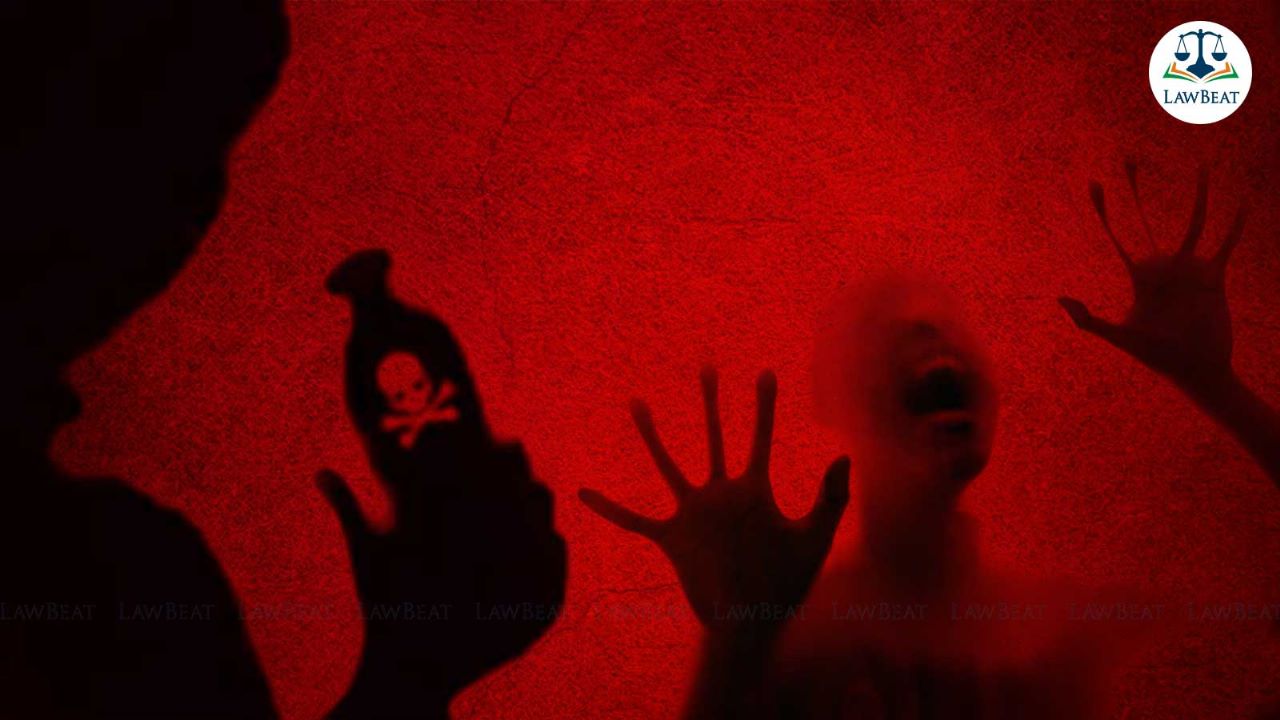Acid attacks characterized by sheer brutality & devastating consequences, among most grievous crimes in contemporary society: Delhi HC

The Delhi High Court acknowledged the unseen psychological pain and lifelong consequences faced by the acid attack victim, stressing how the incident might have instilled fear and insecurity among girls in society.
The Delhi High Court recently while emphasizing the gravity of acid attack cases and their profound impact on victims, has underscored the pivotal role of the judiciary in deciding whether to grant or deny bail to the accused.
In a recent ruling, Justice Swarana Kanta Sharma acknowledged that acid attacks, known for their extreme brutality and life-altering consequences, send shockwaves through communities, leaving victims not only with physical scars but also enduring emotional trauma.
"A heinous crime such as acid attack on a woman, disfiguring her for life, in broad daylight in a thickly populated area due to a love proposition repelled by the victim, can evoke strong emotions in the society in addition to inflicting grave psychological trauma to the victim. It is in such situations and cases that the Court's role as a guardian of justice needs to come to the fore,” the court declared.
Justice Sharma's remarks came as he denied bail to an accused involved in a case where acid was thrown on a 30-year-old senior resident doctor. The attack was allegedly planned in conspiracy with a fellow doctor with whom the accused worked as a compounder.
The prosecution contended that the co-accused doctor, a one-sided lover, orchestrated the crime after his marriage proposal was rejected and advances spurned by the victim.
The court's assessment revealed that the accused not only engaged juveniles to carry out the gruesome act but was also actively involved in planning and executing the attack. This included everything from preparing the plan with the co-accused to conducting rehearsals using syringes filled with water, scouting the area and victim's route, and disposing of stolen items from the victim.
The accused sought bail on the grounds of having been in judicial custody for the past nine years, with the trial anticipated to continue for some time. Justice Sharma, while recognizing the challenge of balancing the heinousness of the crime with the lengthy incarceration of the accused, emphasized the importance of due process and upholding individual rights, even in the face of abhorrent offenses.
The court also acknowledged the unseen psychological pain and lifelong consequences faced by the victim, stressing how the incident might have instilled fear and insecurity among girls in society.
"While the accused may lament his prolonged incarceration during the trial, this Court cannot overlook the victim's perpetual agony, the constant reminder of the incident, and the loss of her face and vision," the court stated.
Expressing dissatisfaction with the nine-year trial delay, Justice Sharma ordered the examination of the remaining seven witnesses in the case to proceed on a day-to-day basis. The court aimed to conclude the trial within four months, ensuring that witnesses appear promptly, given the case's age and potential witness transfers or retirements.
Case Title: Vaibhav Kumar Vs. State NCT of Delhi & Anr.
